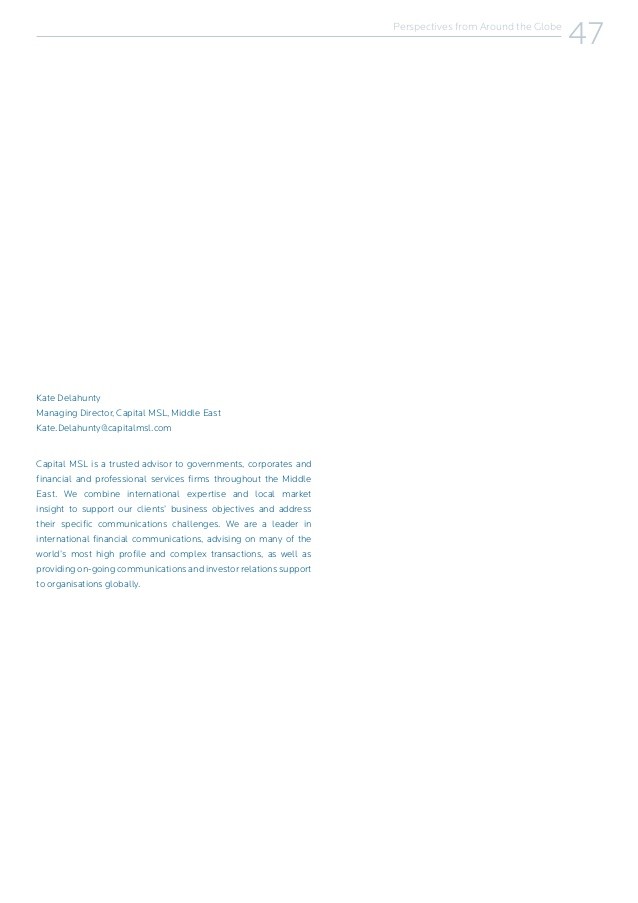Field of publicly traded firms may shrink
Post on: 2 Май, 2015 No Comment

Page 1 of 1
GETTY IMAGES, Pyramid Breweries, Cost-U-Less, aQuantive, First Mutual and Cascade Gas are gone.
Insightful, Puget Energy, Safeco, Lumera, Sonus Pharmaceuticals and Celebrate Express may be going. Some want Northstar Neuroscience, Red Lion, Fisher Communications and Washington Mutual to go, too.
Go private, that is, or get bought out by another company, which amounts to much the same thing.
The field of publicly traded Washington-based companies could get considerably thinned in the coming weeks, what with the deals that have already closed, deals to which companies have given their preliminary approval but await permission from regulators, proposed deals in the form of unsolicited offers, and deals not yet suggested but that investors in certain companies would like to see materialize.
Waves of buyouts aren’t unique, even within one industry or the confines of Washington’s publicly traded companies. A sector such as banking suddenly catches investors’ fancy as a ripe opportunity for consolidation, and it’s the trend of the day for a slew of deals.
This wave, however, has a few different aspects to it, starting with the fact that it’s spread out among multiple sectors.
More significantly, the deals are not being done out of a position of strength by the sellers. Certainly the market isn’t rewarding anyone with robust multiples.
But in some cases, sellers aren’t even matching their stocks’ all-time highs. Even if they’re not in outright distress at the moment, some companies are selling because they see few prospects for propelling the stock price to those former heights, let alone to new peaks. These are not companies taking advantage of a strong market to sell high.
From a buyer’s perspective, though, if you’re doing some shopping, and you think the company or the economy or both might turn around, why turn down a bargain if the sellers are so eager to offer discounts?
Most curious of all, and perhaps a bit ominous for the long-term vibrancy of Washington’s business sector, there’s no cluster of companies waiting in the wings, no next generation of publicly traded companies to take the place of the departed.
Typically what happens when a publicly traded company is sold is that investors take the proceeds of that sale and look for other stocks to buy, either through existing companies or initial public offerings.
Consider the churn in the Harris Washington 100 just in 1999. Because of acquisitions, delistings, headquarter moves and large initial public offerings bumping smaller companies, the index of Harris Private Bank lost Royal Oak Mines, Eagle Hardware, U.S. Timberlands, Mosaix, SeaMed, Westower, Neopath, Egghead.com and Wall Data (and deals were pending at the end of the year for Ragen Mackenzie and Visio).
But in their place arrived such names as Infospace.com, Concur Technologies, Onyx Software, F5 Networks, Primus Knowledge Solutions, drugstore.com, Internap Network Services, Illuminet Holdings and Bsquare.
At the moment, reports Seattle P-I venture capital expert John Cook. just two IPOs remain pending — Intelius and Omeros. Other potential IPOs, including high-profile candidates Tully’s, Symetra and Imperium Renewables, were postponed or shelved long ago. Thus the Washington 93, at current count, isn’t likely to make it to 100 for a while.
Just how little appetite for new stocks there is at the moment can be seen in the local banking sector. For years, as fast as banks were bought up in Washington, investors poured the proceeds from those sales right back into new banks.
Not anymore. Daurell Bell was one of the organizers of Lake Sammamish Bank. which had gotten as far as receiving regulatory approval and began recruiting investors.
When we first started raising capital, we were having no trouble at all, Bell says. Then the subprime mortgage debacle hit the banking industry. Institutional investors just completely went away. And since investors could get such great deals on existing banks, rather than waiting on a start-up bank to reach profitability, organizers decided to drop the effort and returned capital to would-be shareholders.
There will still be deals done. Companies that have endured the downturn and private equity funds with available cash will find too cheap to pass up deals. But as long as investors remain unpersuaded of an impending rebound, capital that would otherwise have gone to fund the next generation of companies will instead stay in their pockets.
Which may mean we’d better be prepared to do some revising, as the Washington 93 becomes the Washington 92. whoops, make that the Washington 91. wait a minute, the Washington 90. do I hear 89, 88, 87.














